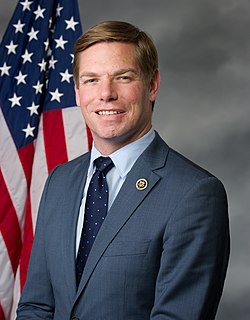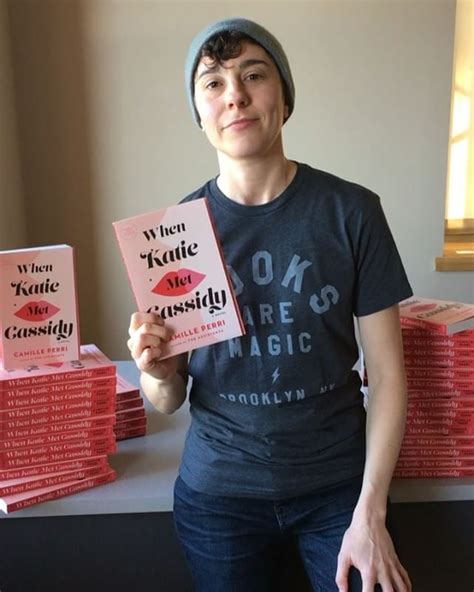A Quote by Elise Stefanik
The Millennial Generation is being crushed by soaring college costs and student loan debt, and as lawmakers, we must find solutions to address affordability and flexibility in higher education.
Related Quotes
Student debt is crushing the lives of millions of Americans. How does it happen that we can get a home mortgage or purchase a car with interest rates half of that being paid for student loans? We must make higher education affordable for all. We must substantially lower interest rates on student loans. This must be a national priority.
Student loans have been helpful to many. But they offer neither incentive nor assistance to those students who, by reason of family or other obligations, are unable or unwilling to go deeper into debt. ... It is, moreover, only prudent economic and social policy for the public to share part of the costs of the long period of higher education for those whose development is essential to our national economic and social well-being. All of us share in the benefits - all should share in the costs.
Student debt in the US has exploded in the past decade. One of the reason is that the private costs of attending college have risen sharply, with public higher education funding having been cut sharply. Average public funding per student was 15 percent lower in 2015 than in 2008, and 20 percent lower than in 1990. The burden of the public funding cuts has been worsened by the stagnation of average family incomes. By 2014, this figure had nearly doubled, to 35 percent of median household income.
Without the jobs being available to enable them to repay that [student-loan] debt in the course of their financial lifetimes, basically.We maintain that, yes, that's a significant chunk of change - it's $1.3 trillion - but what investment is more worth making than in a generation that does not have a future?



























